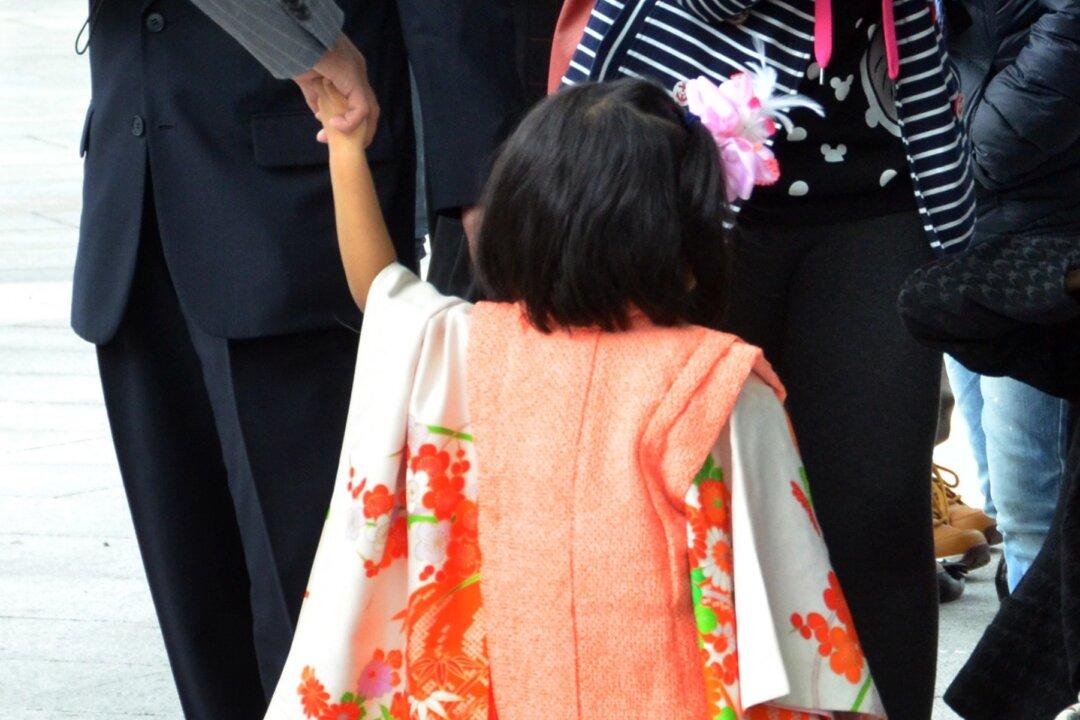A 4-year-old Japanese girl died in her mother’s care after the local government decided not to place her in temporary protective custody—a decision influenced in part by an artificial intelligence evaluation program, according to officials in the prefecture of Mie.
Mie police arrested the girl’s 42-year-old mother in June for allegedly inflicting injuries that resulted in the death of her daughter, according to the Japanese media outlet Jiji.




